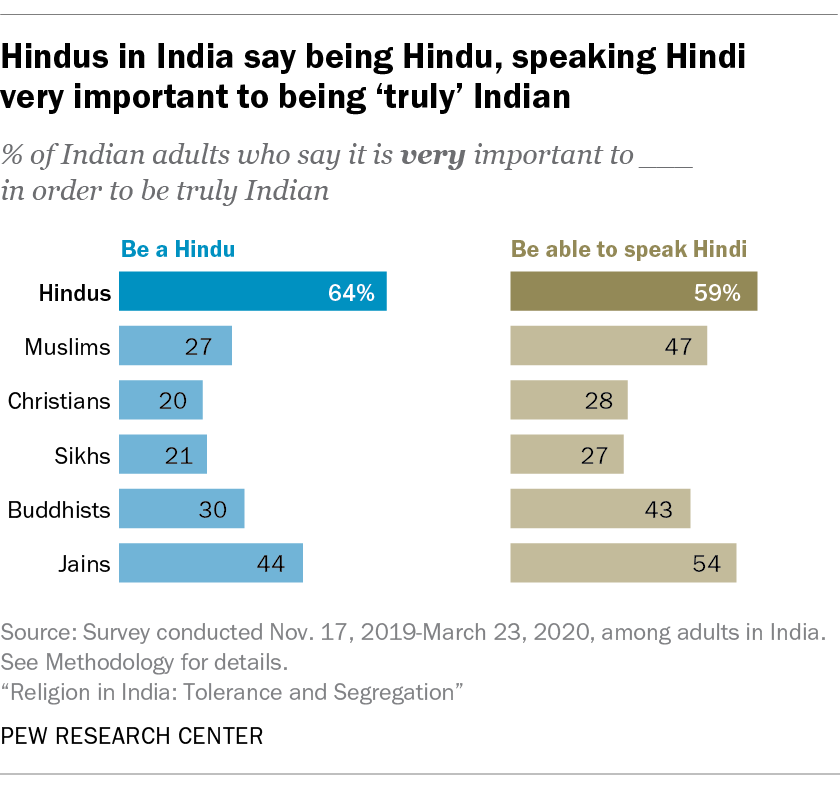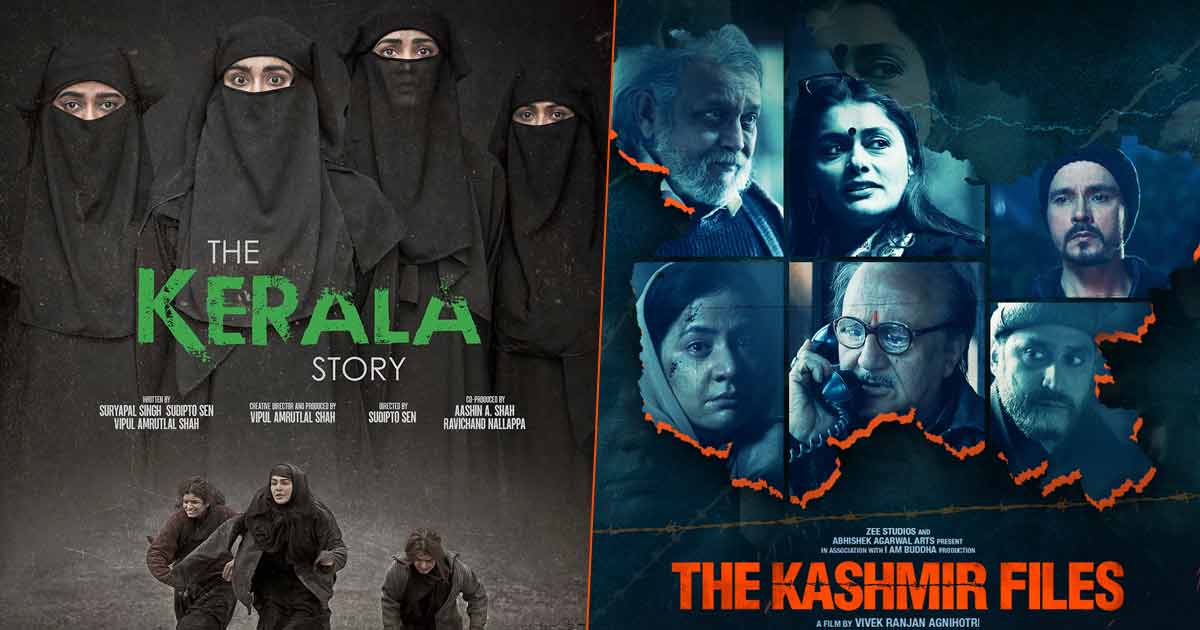Cinema, ever since its introduction, has been a leading impact player in every society. With its amount of stardom, art and ability to deliver a message, it has developed the capacity to impact masses and shape public opinion. As the famous author, Robert Mckee puts it, ‘storytelling is the most powerful way to put ideas into the world’ and it is visible that in the better part of the last decade, the Hindi cinema is using, rather than misusing the power it wields as one of the highest earning entertainment industries in India to misinform its viewers about Islam and Muslims.
Nationalism: The hottest topic in the industry
Indian cinema, owing to its country’s cultural diversity, has been a standout in making films centered on representing multiple ethnicities, their traditions, city and college life. Although, starting from the early 2000s, the introduction of the element of nationalism got injected into Hindi cinema. The communal issues and unstable relations with neighbouring countries became a business opportunity for filmmakers as they started making movies on regional war victories and communal issues. Such content infusing nationalism and a new meaning of being Indian into the masses was also well received by the authorities to give a heads up to its release. Fast forward a decade and movies based on Muslims have become the very new obsession of the Hindi film industry.

The ethnocentric portrayal of Muslims
By producing movies like Tanhaji, and The Kashmir Files that earned huge success in the box office, it unravelled a new phase in its depiction of hate towards Islam by attacking sacred traditions and misrepresenting historical events at the expense of demeaning victims of years of insurgency. Centrally based on the 1990s exodus of Kashmiri Pandits from Kashmir valley, the movie, The Kashmiri Files because of its discernible anti-Muslim agenda, caught extensive attention of the national and international media and did extremely well on screen. The movie’s aim of fanning anti-minority sentiment proved to be successful, as public places like cinema halls or theatres incited hate speeches and the potential threat of mob lynchings to Kashmiri Muslims residing outside the valley. The nation’s Prime Minister commended the film for giving right-wingers more freedom in the already divisive political climate of the nation and inspiring other filmmakers to create works with a similar theme. The trailer for “The Kerala Story,” which sparked strong reactions from the local and religious communities, generated a lot of chaos. The actress released a teaser in which a Keralite lady named Shalini, who wears a burqa, describes how she was forced to convert to Islam, changed her identity to Fatima Ba, and is being exploited by ISIS, along with 32,000 other girls, as a terrorist. This more than one-minute clip promotes the idea that Muslims are terrorists, and it is obvious that it is a propaganda for anti-Muslim sentiment.

Bollywood’s obsession towards demeaning the Muslims of their nation has been visible in multiple other movies like very recently after a teaser caused chaos among the public. ‘Hum Do Humare Barah’ an upcoming movie starring Annu Kapoor has instilled hate against Muslims via its poster where a Muslim family with 12 children can be seen. Such a poster intimidates its viewers to believe that only Muslims are responsible for the population explosion in the country. Contrary to the communal myths prevalent in society, the Muslim growth rate has gradually decreased more than Hindus over time. Still, such movies distort facts and intentionally create an illusion to spread hate. However, films like these purposefully misrepresent the truth and foster hatred. The tendency merely serves to highlight the way that the entertainment sector will be employed as a tool for mass brainwashing. The trailer, which was just released, further propagates a completely false understanding of Quranic scriptures about marital relations. The teaser has a long-bearded Muslim speaker who is shown as a maulana, raving misogynistically about women and making obvious allusions to the holy Quran depicting an insult to a religion in a country where the dance of secularism has been done since independence.
Where will this surge in Muslim hate take the status quo?
Films with strong anti-Islamic themes are very profitable for their makers, and they are currently India’s most popular source of payment for such content, which is the main reason for the slow but steady development of such content on streaming services. Anger is being purchased, sold, and fed on a massive scale by politicians, businesses, media outlets, and ultimately the general population in the current scenario, where hate is the only currency in use. The decisions people make drive the entertainment sector, which creates content that people want to watch. The making of such films, backed by the media and Hindu nationalist groups has become the lead example of the surge in hate towards minorities, especially Muslims. Such content, which gets broadcasted on national television, further serves to highlight the pervasive hatred and exclusion of minorities that has replaced the doom of colonialism as the norm in independent India. The Kerala Story serves as a mirror of how, despite our nation’s 75 years of independence, the majority of its citizens are still motivated by visible and pervasive communal hostility, which breeds discord and physical violence.

Even though it’s too soon to predict how the release of the film, ‘Hum Do Humare Barah’ will fare in theatres, the positive reception the trailer received amongst all the controversy it sparked can be seen as a precursor to the reception the film will receive when it releases. Such animosity does not make the future of Muslims in the country very safe. The present NDA-backed government has been vocal in its criticism of Muslims and of its main opposition accusing them of planning to manifest Muslims in the economic sphere above Hindus, if not in power. With such a scenario and the rise in hate speech, crime and portrayal of Muslims as such, it becomes a safe claim that nearly all of India’s largest minority prefer a change of power in the nation.
Zubair Abdullah is a student pursuing Sociology Honours from Jamia Millia Islamia.
Edited by: Ayesha Alim









GIPHY App Key not set. Please check settings